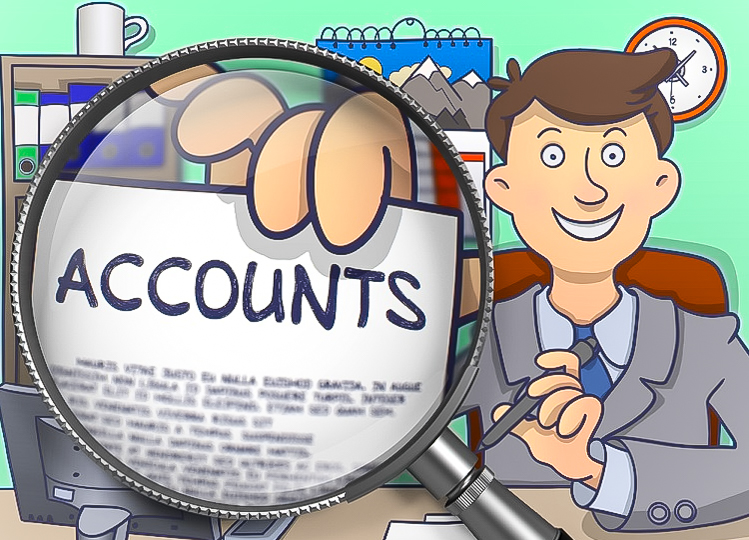When running a business, you’ll have to spend on money on products or services related to your organization’s operations. A landscaping company, for example, may need to purchase lawnmowers, fertilizer and grass seed. Likewise, a retail store may need to purchase inventory, advertising campaigns and building maintenance. The term “accounts payable” refers to short-term debt that your business is required to pay. It’s important to familiarize yourself with what is accounts payable so that your business doesn’t miss payments or receive a bad credit rating.
What is Accounts Payable?
 Overview of Accounts Payable
Overview of Accounts Payable
In the most basic sense, accounts payable is any short-term liability (debt) that your business is contractually obligated to pay by a specific date.
There’s no minimum or maximum dollar amount to accounts payable. Whether you receive a bill for $10 or a bill for $1,000, it’s considered accounts payable if it’s short-term debt. Failure to pay an accounts payable debt could result in a lower credit store for your business. This could make it difficult for your business to secure business funding or to get a loan in the future.
Most accounts payable involve business-to-business (B2B) transactions. It’s not consumers who send your business bills. Rather, it’s suppliers, service providers, vendors, advertising agencies and other businesses.
Why Accounts Payable Matters
Accounts payable is an essential financial metric to track because it reveals your business’s liabilities. If you have too much debt in accounts payable, it may hinder your ability to grow your business. However, this usually only occurs if your earnings/revenue aren’t enough to cover the accounts payable.
Accounts Receivables vs Accounts Payable
While these terms  may sound similar, accounts payable is not the same as accounts receivables.
may sound similar, accounts payable is not the same as accounts receivables.
Accounts payable specifically refers to short-term debt owed by a business, whereas accounts receivables refers to money owed to a business. Accounts payable usually involve B2B transactions. In comparison, accounts receives involve money owed to a business from its customers.
How to Record Accounts Payable
Accounts payable is a form of debt, and should be recorded on your business’s balance sheet as a current liability. When you receive a bill from a vendor, supplier or any other business, record the transaction as a debit on your balance sheet. If it’s a $250 bill, for example, you should record it as a $250 debit on your balance sheet.
This article was brought to you by�Intrepid Private Capital�Group�� A Global Financial Services Company. For more information on startup and business funding, or to complete a funding application, please visit our�website.









+ There are no comments
Add yours